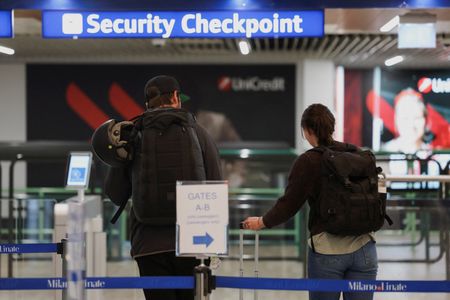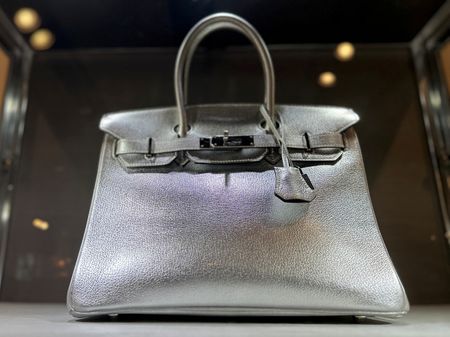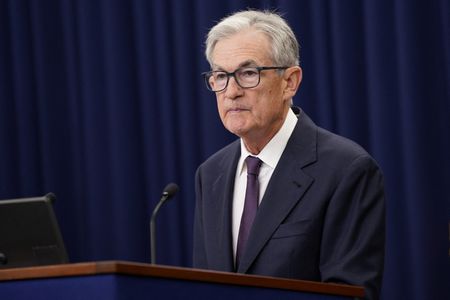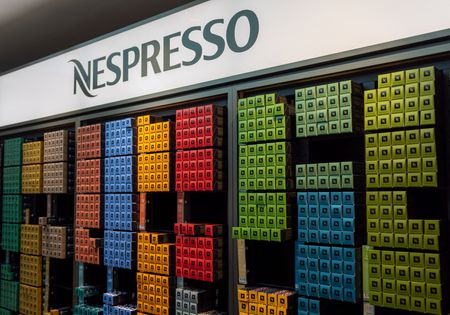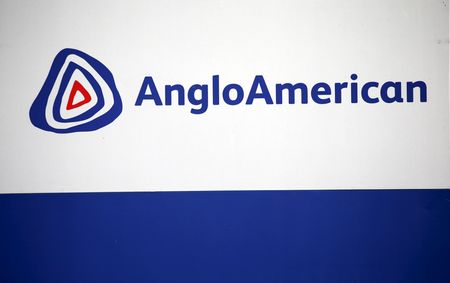By Andrius Sytas
VILNIUS (Reuters) -Detonations of parcels carried by DHL and DPD in Europe in 2024 were organised and supervised by Russian citizens with ties to Russian military intelligence, Lithuania’s general prosecution service and criminal police said on Wednesday.
Security officials in Lithuania said last year the four parcels were part of a test run for a Russian plot to trigger explosions on cargo flights to the United States.
A joint statement by the two Lithuanian services said the parcels had contained explosive devices that were set off by electronic timers hidden in vibrating massage pillows.
It identified Ukrainian citizen Daniil Gromov, whose Russian documents were issued under the name of Jaroslav Mikhailov, and Lithuanian-Russian citizen Tomas Dovgan Stabacinskas as coordinators of the scheme.
The same two men organised a fire at an IKEA store in Vilnius in 2024, it said.
“It was determined that the aforementioned individuals acted in an organised manner, adhering to a very strict conspiracy, dividing individual tasks,” the statement read.
There was no immediate response from Russia to the statement. Last year, Russia denied orchestrating the IKEA fire and regularly dismisses Western accusations of malign activity as evidence of Russophobia.
Governments and intelligence agencies in Europe have previously pointed to Moscow as the likely source of a series of fires and acts of sabotage aimed at destabilising allies of Ukraine.
The Lithuanian statement said six kg of explosives had been found during its investigation and that 15 people had been charged, including citizens of Russia, Lithuania, Latvia, Estonia and Ukraine.
International search warrants were issued for three men – Gromov, Stabacinskas and Russian citizen Andrej Baburov.
The statement said four parcels with “self-made, explosive-incendiary charges” had been mailed from Vilnius on July 19, 2024.
One of them, sent with DHL, caught fire at Leipzig airport in eastern Germany the next day, shortly before it was due to be loaded onto a DHL plane bound for Britain.
A second parcel exploded on July 21 on a DPD truck as it was crossing Poland, while the third detonated in a DHL warehouse in Birmingham, England, on July 22. The fourth parcel, which was also being transported on a DPD truck in Poland, failed to ignite due to a malfunction.
The organisers recruited people for the tasks via the Telegram messaging app and paid them in cryptocurrency, the statement said.
(Reporting by Andrius Sytas, editing by Essi Lehto, Louise Rasmussen, Kevin Liffey and Gareth Jones)


